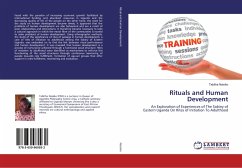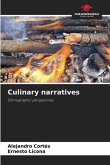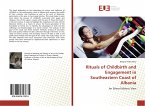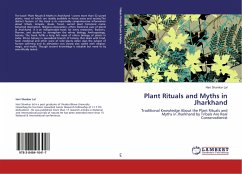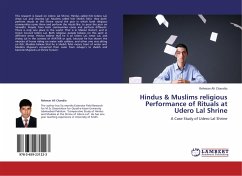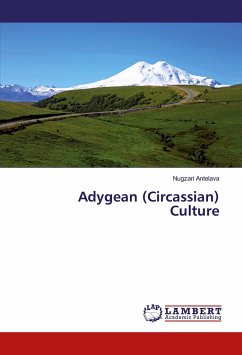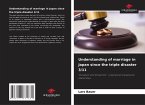Faced with the paradox of increasing economic growth facilitated by international funding and abundant resources in Uganda and the decreasing quality of life of the people on the other hand, the need for the study on human development became timely. It appeared that the problems of human development are also behavioral and are a result of poor relationships and interactions. It therefore became necessary to take a cultural approach in which the moral fibre of the communities is rooted to solve problems of human development. Using ethnographic methods, the study of the significance of rites of passage in human development; a case of rites of initiation to adulthood among the Sabiny of Eastern Uganda, was embarked on to find the link between ritual performance and human development. It was revealed that human development is a process of nurturance achieved through a functional social structure. Rites of initiation to adulthood were identified as mechanisms to enforce this functioning of the social structures through continuous mentoring of people towards role fulfillment, formation of age-set groups that offer support in roles fulfillment, monitoring and evaluation.
Bitte wählen Sie Ihr Anliegen aus.
Rechnungen
Retourenschein anfordern
Bestellstatus
Storno

